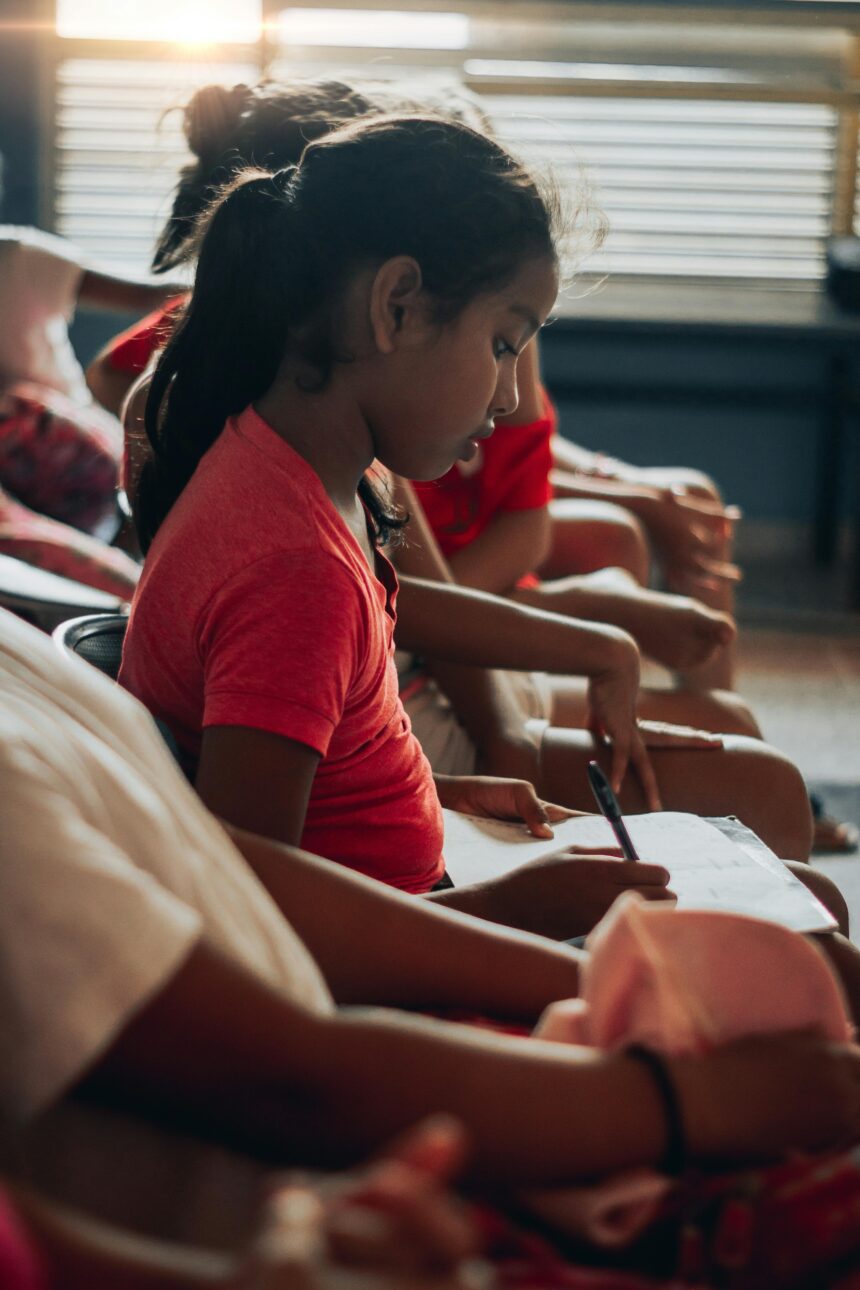The Shadow Education Economy
In India, private tutoring has become a parallel education industry, often referred to as “shadow education.” From small-town coaching centers to elite one-on-one tutoring in urban areas, private tuition has become an integral part of a student’s academic life. But while private tutors are filling gaps in the school system, their growing dominance raises critical questions: Are they supporting or undermining the Indian school system?
The Rise of Private Tutors: A Necessary Evil?
Private tutoring has gained traction due to the intense competition in India’s education system. With board exams, competitive entrance tests, and the relentless pursuit of high grades, students and parents often see tutoring as a necessity rather than a choice. Schools, many argue, fail to provide personalized attention and support, driving families to seek external help.
For students struggling with specific subjects, private tutors can offer targeted assistance, helping them bridge learning gaps. For high achievers, they can provide advanced guidance to tackle tough exams. However, this growing reliance on private tutors highlights significant shortcomings within the school system itself.
The Undermining Effect: Shifting Accountability
One of the biggest criticisms of the private tutoring industry is that it shifts the responsibility for learning away from schools. Teachers, often burdened with overcrowded classrooms and rigid syllabi, may not feel the need to innovate or provide extra attention, knowing that students will turn to tutors for additional support.
This dynamic undermines the role of schools as primary centers of learning. When private tutors become the de facto educators, schools risk losing credibility and relevance. Shouldn’t schools be the place where students receive a comprehensive and well-rounded education, rather than a starting point for outsourcing learning?
The Financial Divide: Education for the Privileged?
Private tutoring isn’t cheap. In urban areas, fees for a single subject can run into thousands of rupees per month. Elite coaching centers for competitive exams like JEE and NEET charge exorbitant fees, creating a system where quality education is increasingly tied to financial resources.
Students from economically disadvantaged backgrounds, who cannot afford private tutors, are left to rely solely on school education, often finding themselves at a significant disadvantage. This growing divide raises a crucial question: Is the rise of private tutors deepening educational inequality in India?
The Coaching Center Boom: A Double-Edged Sword
India’s coaching centers have become synonymous with academic success, particularly for entrance exams. Brands like Kota’s “coaching capital” have produced thousands of IITians and doctors, but their methods often draw criticism. These centers focus on test preparation, sometimes at the expense of holistic learning. Students are trained to crack exams, not to understand concepts or foster creativity.
The high-pressure environment in such coaching hubs has also led to alarming mental health issues, including burnout and even suicides. Are these centers truly helping students achieve their potential, or are they perpetuating a high-stakes system that prioritizes results over well-being?
Impact on Classroom Dynamics: The Two-Tiered System
The prevalence of private tutoring has created a two-tiered system within schools. Students who can afford tutors often outperform their peers, leading to disparities in academic achievement. Teachers, knowingly or unknowingly, may cater more to students who already have external support, further alienating those who rely solely on classroom instruction.
This dynamic not only exacerbates inequality but also undermines the classroom as a space for collaborative and inclusive learning.
The Teacher-Tutor Nexus
In some cases, schoolteachers themselves offer private tuition outside of school hours. While this can be beneficial when done ethically, it often leads to conflicts of interest. Teachers may withhold their best efforts in the classroom, subtly encouraging students to seek private lessons from them. This practice, though unofficial, is not uncommon and raises serious ethical concerns.
Parental Pressure: The Demand for Tutors
The demand for private tutors is driven not just by academic needs but also by parental expectations. Many parents view tutoring as an insurance policy against poor grades, regardless of whether their child truly needs it. This mindset perpetuates a culture of over-reliance on external support, placing undue pressure on students to perform.
The Role of Schools: Can They Reclaim Their Authority?
If schools are to reclaim their authority as centers of learning, they must address the gaps that private tutors currently fill. This means smaller class sizes, personalized attention, and better teacher training to meet the diverse needs of students. Schools must also adopt innovative teaching methods that go beyond rote learning, engaging students in critical thinking, problem-solving, and creativity.
Additionally, integrating mentorship and after-school programs within the school system could reduce the dependency on external tutors. Schools should create an environment where students feel supported and confident, eliminating the need to seek help elsewhere.
The National Education Policy (NEP) 2020: A Potential Solution?
The NEP 2020 emphasizes holistic and multidisciplinary learning, with a focus on reducing the high-stakes nature of exams. If implemented effectively, this policy could diminish the stranglehold of private tutoring by making school education more relevant and comprehensive.
By emphasizing continuous assessment, experiential learning, and teacher upskilling, the NEP aims to create a system where students’ needs are met within the classroom. However, its success will depend on proper implementation and funding, particularly in under-resourced schools.
Conclusion: Balancing Support and Dependence
Private tutors play an undeniable role in supporting students in India’s competitive education system, but their growing dominance highlights deeper flaws within schools. While they provide valuable assistance, they should not become a substitute for quality school education.
The goal should be to reduce reliance on private tutoring by strengthening the school system, ensuring equitable access to resources, and fostering a culture of holistic learning. Education should not be a privilege reserved for those who can afford extra help—it should be a right that empowers every child to achieve their potential, with or without a tutor.


Leave a Reply